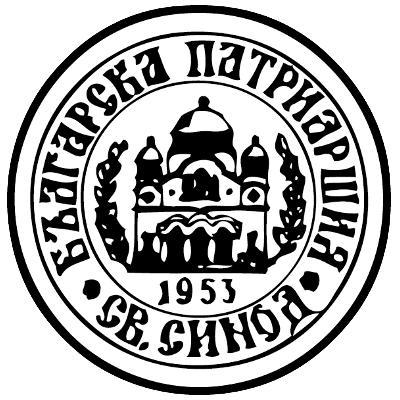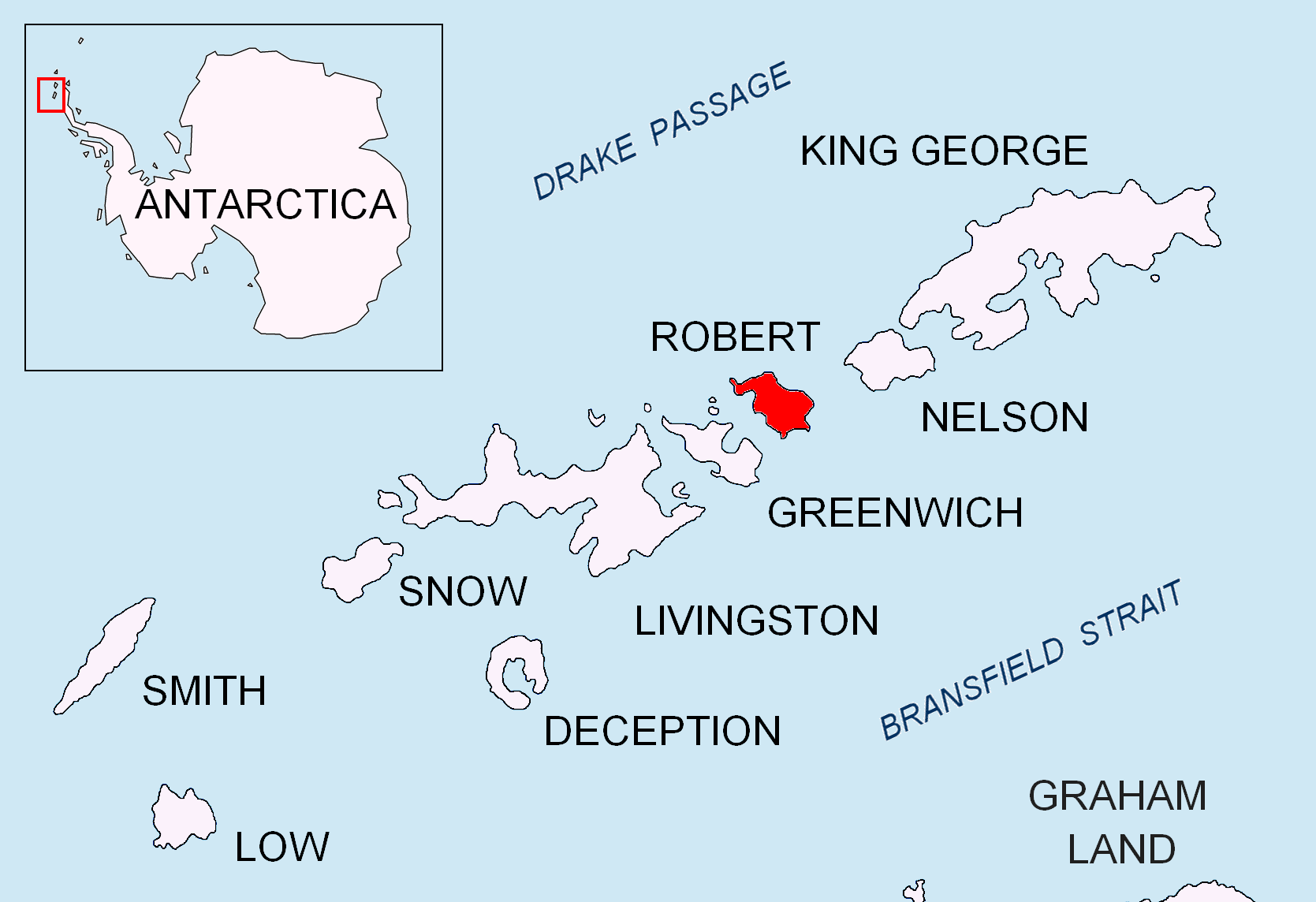|
Izgrev, Varna Province
Izgrev ( bg, Изгрев) is a village (село) in northeastern Bulgaria, located in the Suvorovo Municipality () of the Varna Province (). Population As of December 2017, the village of Izgrev has 274 inhabitants. Its population is increasing after declining for decades. The village is exclusively inhabited by ethnic Bulgarians (100%), who are Bulgarian Orthodox by faith. ImageSize = width:400 height:200 PlotArea = left:50 right:20 top:25 bottom:30 TimeAxis = orientation:vertical AlignBars = late Colors = id:linegrey2 value:gray(0.9) id:linegrey value:gray(0.7) id:cobar value:rgb(0.2,0.7,0.8) id:cobar2 value:rgb(0.6,0.9,0.6) DateFormat = yyyy Period = from:0 till:1000 ScaleMajor = unit:year increment:100 start:0 gridcolor:linegrey ScaleMinor = unit:year increment:50 start:0 gridcolor:linegrey2 PlotData = color:cobar width:20 align:left bar:1934 from:0 till:919 bar:1946 from:0 till:957 bar:1956 from:0 till:821 bar:1965 from:0 till:517 bar:1975 from:0 till:332 bar:1 ... [...More Info...] [...Related Items...] OR: [Wikipedia] [Google] [Baidu] |
Bulgaria
Bulgaria (; bg, България, Bǎlgariya), officially the Republic of Bulgaria,, ) is a country in Southeast Europe. It is situated on the eastern flank of the Balkans, and is bordered by Romania to the north, Serbia and North Macedonia to the west, Greece and Turkey to the south, and the Black Sea to the east. Bulgaria covers a territory of , and is the sixteenth-largest country in Europe. Sofia is the nation's capital and largest city; other major cities are Plovdiv, Varna and Burgas. One of the earliest societies in the lands of modern-day Bulgaria was the Neolithic Karanovo culture, which dates back to 6,500 BC. In the 6th to 3rd century BC the region was a battleground for ancient Thracians, Persians, Celts and Macedonians; stability came when the Roman Empire conquered the region in AD 45. After the Roman state splintered, tribal invasions in the region resumed. Around the 6th century, these territories were settled by the early Slavs. The Bulgars, led by Asp ... [...More Info...] [...Related Items...] OR: [Wikipedia] [Google] [Baidu] |
Suvorovo Municipality
Suvorovo Municipality ( bg, Община Суворово) is a municipality ('' obshtina'') in Varna Province, Northeastern Bulgaria, not far from the Bulgarian Black Sea Coast. It is named after its administrative centre – the town of Suvorovo. The municipality embraces a territory of 216 km² with a population of 7,544 inhabitants, as of December 2009. Settlements Suvorovo Municipality includes the following 9 places (towns are shown in bold): Demography The following table shows the change of the population during the last four decades. Religion According to the latest Bulgarian census of 2011, the religious composition, among those who answered the optional question on religious identification, was the following: A majority of the population of Suvorovo Municipality identify themselves as Christians. At the 2011 census, 59.7% of respondents identified as Orthodox Christians belonging to the Bulgarian Orthodox Church. Muslims constitute the largest mino ... [...More Info...] [...Related Items...] OR: [Wikipedia] [Google] [Baidu] |
Varna Province
Varna Province ( bg, Област Варна, translit=Oblast Varna), formerly known as Varna okrug, is a province in eastern Bulgaria, one of the 28 Bulgarian provinces. It comprises 12 municipalities with a population of 494,216 inhabitants as of April 2016.http://www.grao.bg/tna/tab01.html“ The province is named after its administrative centre, Varna. Geography The province's territory is 3,819.5 km². It borders the Black Sea and covers parts of the hilly Danubian Plain (including parts of the Franga Plateau, South Dobruja, the Provadiya Plateau, Ludogorie, and the Avren Plateau), Eastern Stara Planina, the Varna–Devnya valley with the lakes (limans) of Varna and Beloslav, and the Kamchiya river valley. Other rivers include Provadiya, Devnya, and Batova, and the largest artificial lake is Tsonevo. The Black Sea coast is hilly and verdant, mostly cliff, with a couple of rocky headlands (Cape Galata, Cape St. Athanasius), several expansive sand beaches, th ... [...More Info...] [...Related Items...] OR: [Wikipedia] [Google] [Baidu] |
Bulgarians
Bulgarians ( bg, българи, Bǎlgari, ) are a nation and South Slavic ethnic group native to Bulgaria and the rest of Southeast Europe. Etymology Bulgarians derive their ethnonym from the Bulgars. Their name is not completely understood and difficult to trace back earlier than the 4th century AD, but it is possibly derived from the Proto-Turkic word ''*bulģha'' ("to mix", "shake", "stir") and its derivative ''*bulgak'' ("revolt", "disorder"). Alternative etymologies include derivation from a compound of Proto-Turkic (Oghuric) ''*bel'' ("five") and ''*gur'' ("arrow" in the sense of "tribe"), a proposed division within the Utigurs or Onogurs ("ten tribes"). Citizenship According to the Art.25 (1) of Constitution of Bulgaria, a Bulgarian citizen shall be anyone born to at least one parent holding a Bulgarian citizenship, or born on the territory of the Republic of Bulgaria, should they not be entitled to any other citizenship by virtue of origin. Bulgarian citizenship sh ... [...More Info...] [...Related Items...] OR: [Wikipedia] [Google] [Baidu] |
Bulgarian Orthodox
The Bulgarian Orthodox Church ( bg, Българска православна църква, translit=Balgarska pravoslavna tsarkva), legally the Patriarchate of Bulgaria ( bg, Българска патриаршия, links=no, translit=Balgarska patriarshiya), is an autocephalous Orthodox jurisdiction. It is the oldest Slavic Orthodox church, with some 6 million members in Bulgaria and between 1.5 and 2 million members in a number of European countries, the Americas, Australia, New Zealand and Asia. It was recognized as autocephalous in 1945 by the Ecumenical Patriarchate of Constantinople. History Early Christianity The Bulgarian Orthodox Church has its origin in the flourishing Christian communities and churches set up in the Balkans as early as the first centuries of the Christian era. Christianity was brought to the Balkans by the apostles Paul and Andrew in the 1st century AD, when the first organised Christian communities were formed. By the beginning of the 4th cent ... [...More Info...] [...Related Items...] OR: [Wikipedia] [Google] [Baidu] |
Izgrev Passage
Izgrev Passage ( bg, проток Изгрев, ‘Protok Izgrev’ \'pro-tok 'iz-grev\) is the 2.3 km wide passage separating Rogozen Island, Heywood Island and Pordim Islands from Cornwall Island, Onogur Islands and the northwest coast of Robert Island in the South Shetland Islands. The area was visited by early 19th century sealers. The passage is named after the settlements of Izgrev in Northern, Northeastern, Southeastern and Southwestern Bulgaria. Location Izgrev Passage is located at . British mapping in 1968 and Bulgarian mapping in 2009. Maps Livingston Island to King George Island. Scale 1:200000. Admiralty Nautical Chart 1776. Taunton: UK Hydrographic Office, 1968. * L.L. IvanovAntarctica: Livingston Island and Greenwich, Robert, Snow and Smith Islands Scale 1:120000 topographic map. Troyan: Manfred Wörner Foundation, 2009. (Second edition 2010, ) Antarctic Digital Database (ADD).Scale 1:250000 topographic map of Antarctica. Scientific Committee on Antarc ... [...More Info...] [...Related Items...] OR: [Wikipedia] [Google] [Baidu] |
Antarctica
Antarctica () is Earth's southernmost and least-populated continent. Situated almost entirely south of the Antarctic Circle and surrounded by the Southern Ocean, it contains the geographic South Pole. Antarctica is the fifth-largest continent, being about 40% larger than Europe, and has an area of . Most of Antarctica is covered by the Antarctic ice sheet, with an average thickness of . Antarctica is, on average, the coldest, driest, and windiest of the continents, and it has the highest average elevation. It is mainly a polar desert, with annual precipitation of over along the coast and far less inland. About 70% of the world's freshwater reserves are frozen in Antarctica, which, if melted, would raise global sea levels by almost . Antarctica holds the record for the lowest measured temperature on Earth, . The coastal regions can reach temperatures over in summer. Native species of animals include mites, nematodes, penguins, seals and tardigrades. Where vegetation o ... [...More Info...] [...Related Items...] OR: [Wikipedia] [Google] [Baidu] |



